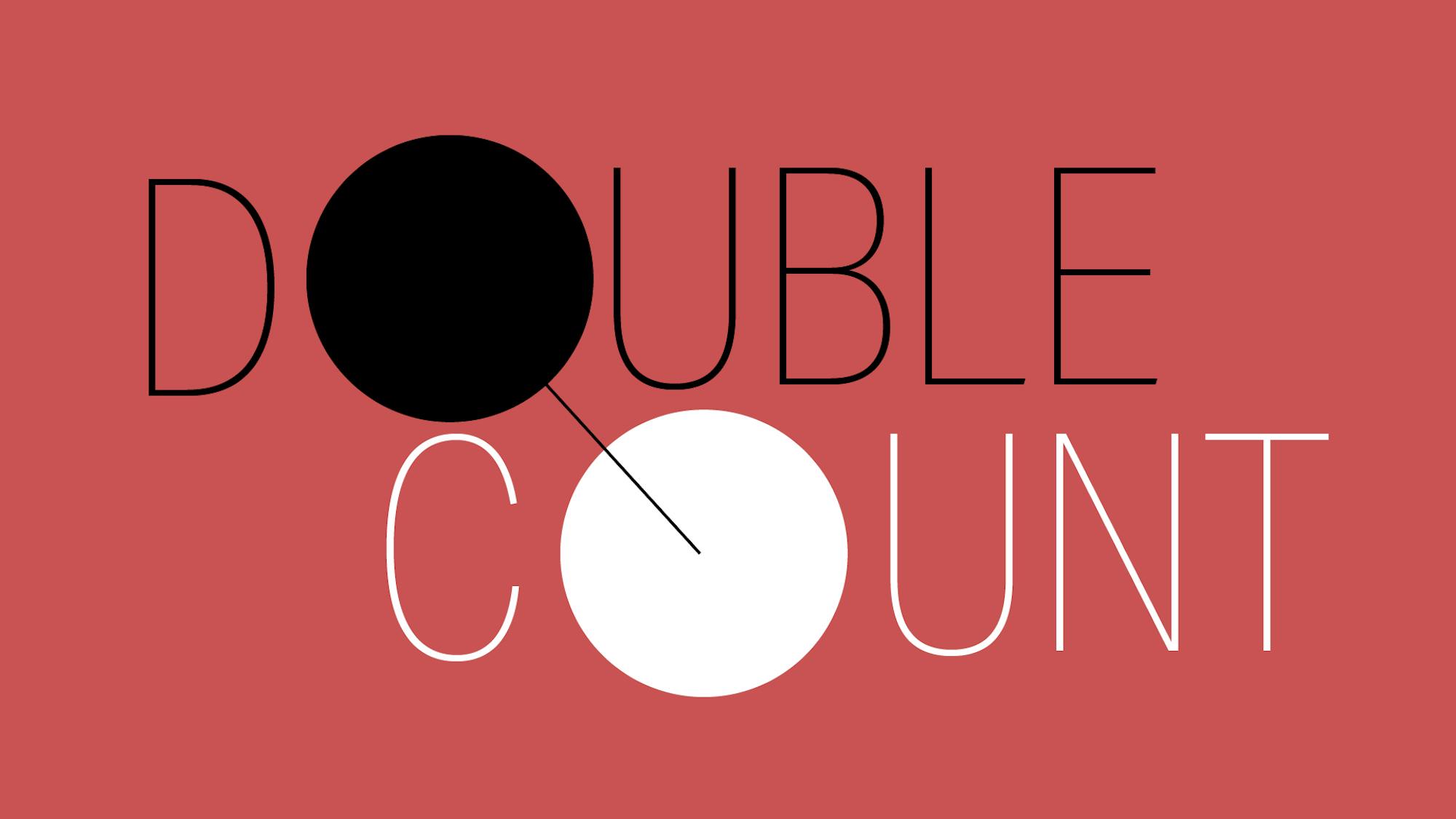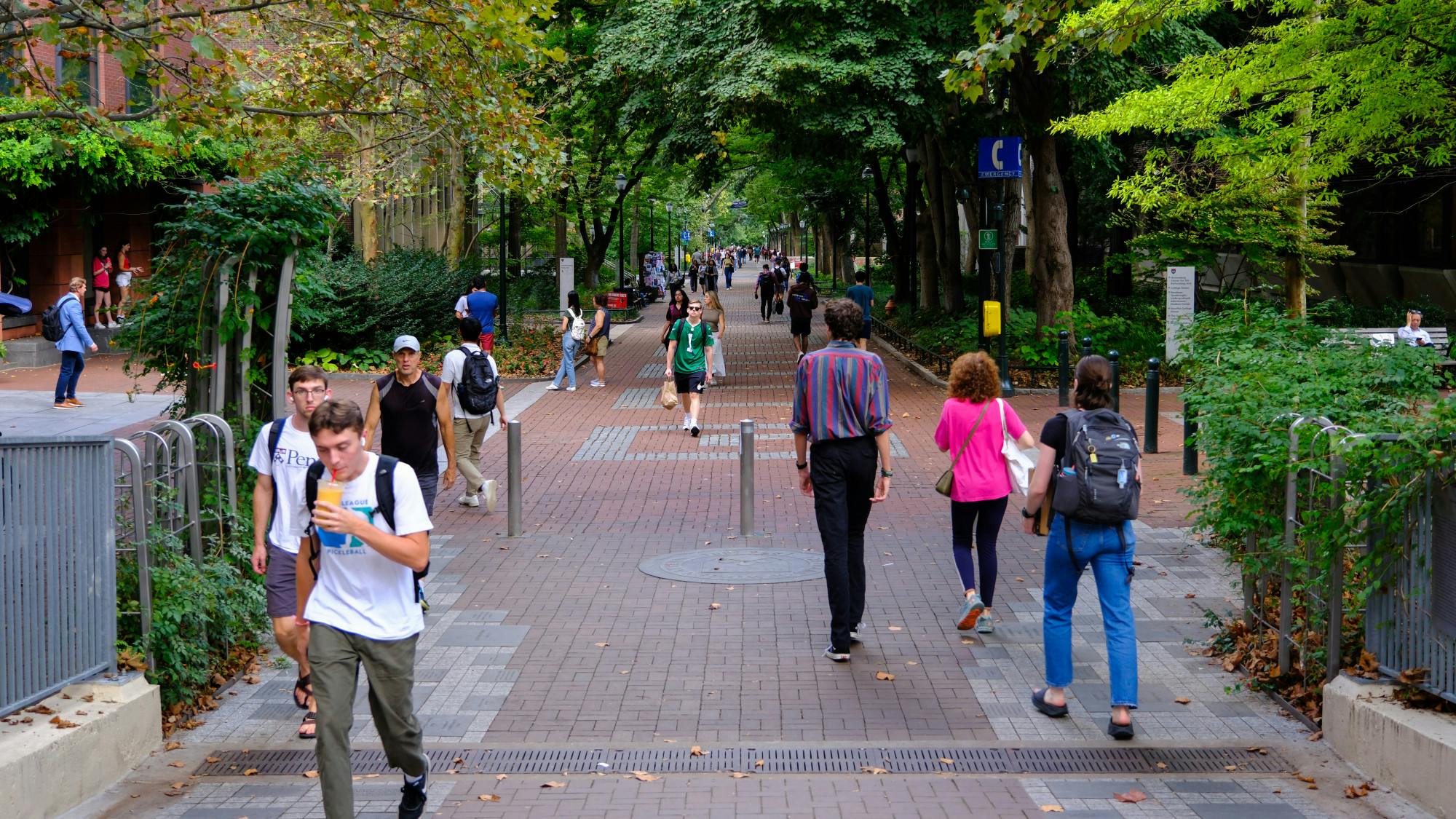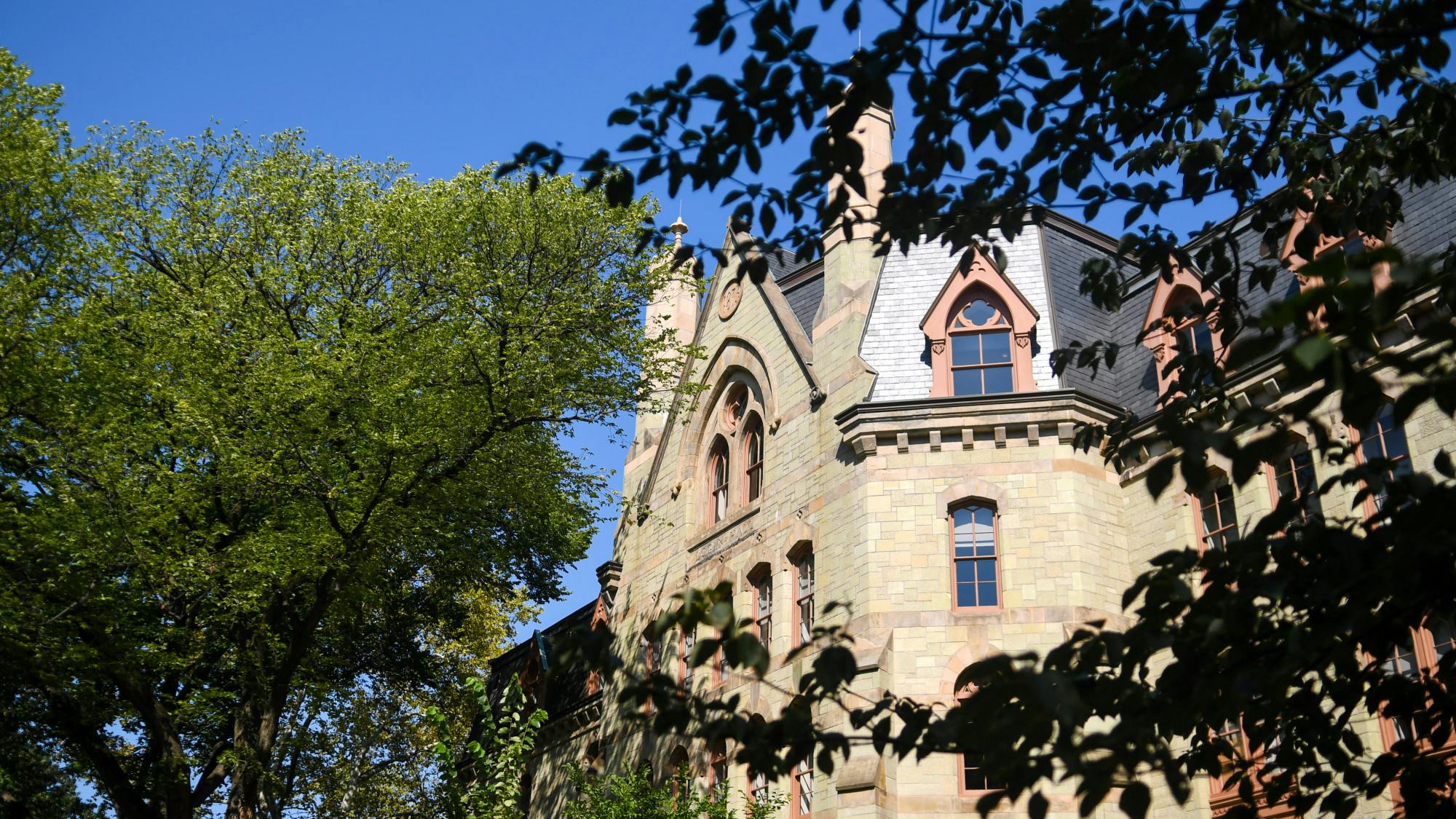2024 Advance Registration Guide
Welcome to Quaker Creative's Advance Registration Guide. Use this page to find articles including double count courses, advice from upperclassmen, and promoted courses. This page will be updated each semester ahead of advance registration.
The Environmental Innovations Initiative's online course inventory provides a comprehensive, searchable tool to enable students to identify courses related to climate, environment, energy, sustainability, and societal resilience. Now updated for the spring 2024 semester, the course inventory includes course offerings for undergraduate, graduate, and professional students. The course inventory is searchable by keyword, topic, and academic unit, allowing students to find environment-related offerings across disciplines.
Dr. Maria Laura Pensa, Penn-Mellon Just Futures Postdoctoral Fellow
MW 10:15AM-11:44 AM | Crosslist SPAN 3731, GSWS 3731
In this course we will learn how to read contemporary Latin American literature as feminists. We will navigate the stories that have accompanied or defied different “tides” of feminism in the region and illuminate the ways in which these pieces can be read through the lenses of
social and gender justice. Expanding our knowledge about these issues can be both a reflective and urgent matter. The class will include short stories and poems by feminized, cis woman, lesbian, non-binary, racialized and queer authors. Our course is divided into five modules, each of them devoted to different themes. Our journey will begin in the household, since that was the traditional place assigned to women, and look into the appropriation and subversion of this narrative by different authors. We will move into disruptive narratives that
challenge the duties of women in relation to their house and partners and continue with texts that directly address problems and themes of present-day feminist struggles across Latin America, among which we can find gender violence, economic dependence, child abuse and abortion. Although these works will be studied within their historical context, this course aims to provide a framework that will allow the student to analyze them in a comparative fashion
in terms of the themes presented in each work. In order to work on the narrative elements of these works, during our time in class and at home we will study the necessary concepts that will allow us to successfully analyze and discuss our texts. This course has as its main goal to improve and develop your writing and analytical skills as well as offer you ample opportunities to put into practice your Spanish through active discussion during class. With that in mind, all of our sessions will be discussion-based with a strong element of group work and written analysis.
*This class will be taught in Spanish.
This class is part of the Penn-Mellon Just Futures Dispossessions
in the Americas course series.
This course also counts for the School of Arts Sciences Foundational Cross Cultural Analysis Sector Requirement.
Dr. Carolina Angel Botero, the Center for Latin American and Latinx Studies Postdoctoral Fellow
TR 12-1:29 PM | Crosslist ANTH 3745
This course delves into various approximations of the Rights of Nature movement. It specifically examines a range of legal actions that have arisen to safeguard life and emphasize human relationships with non-human entities. The course is particularly dedicated to dissecting a range of legal strategies that have come into existence to ensure the preservation of life forms beyond just humans, forging a profound connection between humanity and the diverse entities that constitute the natural world. The course will concentrate on Latin American cases as a burgeoning global movement, although the philosophical and theoretical exploration extends far beyond this region. Some topics we will discuss in class are: Earth Law and the Rights of Nature; Bringing Nature to Court and the Law; and Animal Rights. For instance, are animals part of the Rights of Nature movement? By analyzing these legal actions, students will understand how legal systems can be leveraged as powerful environmental conservation and advocacy tools. Students will also learn the importance of bridging the legal practice with how the social sciences approach these questions.
This course also counts for the School of Arts Sciences Foundational Cross Cultural Analysis Sector Requirement and as an elective for the following majors/minors/programs: International Relations, Environmental Humanities, Environmental Social Sciences, and Environmental Global Politics and International Relations Concentration.
Dr. George Ygarza, Penn-Mellon Just Futures Postdoctoral Fellow
TR 10:15-11:44 AM
The Andean region, running along the western part of south America (Abiayala), has for centuries been home to different expressions of resistance. From anti-colonial struggles to ideological movements, these different forms and practices have sought to transform the social order. Is it possible to collectively read these expressions as a layered history unique to
the region? When speaking of a radical tradition, one refers to an accretion of resistance and struggle for an otherwise world that takes place across periods of time. Thus, if one is to speak of an Andean Radical Tradition, one needs to understand the temporal, political and social conditions of the Andean region in order to see how they inform movements to struggle for a different kind of reality. This course surveys key thinkers, writers, and political figures who have evoked and enunciated an Andean Radical Tradition in various ways since colonization. From the written word and critical theorization, through political mobilizations, this course will explore manifestations of a radical tradition not only as a form of refusing the colonial condition but as proposals for liberatory futures predicated on everything from socialist values to Andean cosmology. Locating an Andean Radical Tradition requires us to trace the practices of resistance and critical inquiry premised on unique characteristics and traditions of the region. This course will introduce students to radical thinkers and practitioners, covering notable primary and secondary texts from thinkers such as José Carlos Mariátegui, Silvia Rivera Cusicanqui, Alvaro Linera and René Zavaleta Mercado.
This class is part of the Penn-Mellon Just Futures Dispossessions in the Americas course series.
This course also counts for the School of Arts Sciences Foundational Cross Cultural Analysis Sector Requirement and as an elective for the following majors/minors/programs: Political Science, International Relations, and Native American and Indigenous Studies.
Sector III: Arts and Letters
Foundational Approaches: Cross-Cultural Analysis
"Only in Russia is poetry respected. They kill you for it,” famously quipped the poet Osip Mandelstam, who died in Joseph Stalin’s concentration camps. Russia is a society that takes literature seriously—one in which the pen is assumed to have direct historical consequences. In this course, we will study how twentieth century Russian literature actively participated in war, revolution, totalitarian dictatorship, and resistance. The masterworks we will study open windows into worlds of revolutionary rapture, moral uplift in the face of tyranny, courageous subversion of the repressive state, and historical reflection on its failures. Our readings will range from an avant-garde play intended to rewire your mind, to an epic representation of revolutionary social transformation, to surreal and absurdist representations of a world gone mad. In other words: fasten your seatbelts low and tight across your waist; turbulence ahead!
Sector IV: Humanities and Social Science
Foundational Approaches: Cross-Cultural Analysis
Winston Churchill famously said that Russia "is a riddle, wrapped in a mystery, inside an enigma." Strikingly, today many informed Russians would agree: no one can provide definitive answers concerning what has driven Russian public life and politics over the past decade, as it ricochetted from the mass protests of 2011 and 2012, into the Pussy Riot scandal, then the intense patriotism that drove the Russian annexation of Crimea and intervention in Ukraine. In this course we will examine how Russians themselves communicate about and represent Russia and what this reveals about this complex society and its development. We will consider print journalism, novels, films, televised media, and the internet, paying close attention both to particular representations and to social institutions for their production, dissemination and consumption. Topics of special concern will include: conspiracy theories, representations of Russian history, collective identity and patriotism, intellectuals and elites, gender and sexuality, consumption and wealth. Putin's Russia is an introductory level course for which no prior knowledge of Russian history, culture or society is required. All readings and screenings will be in English.










